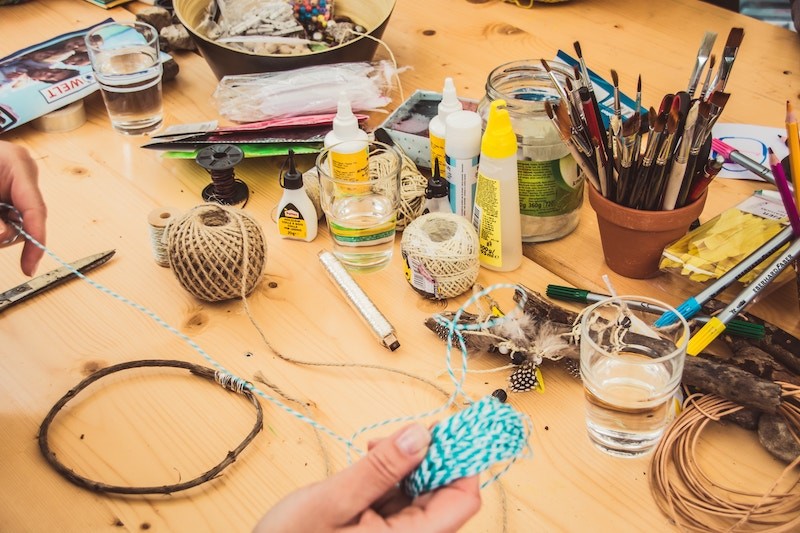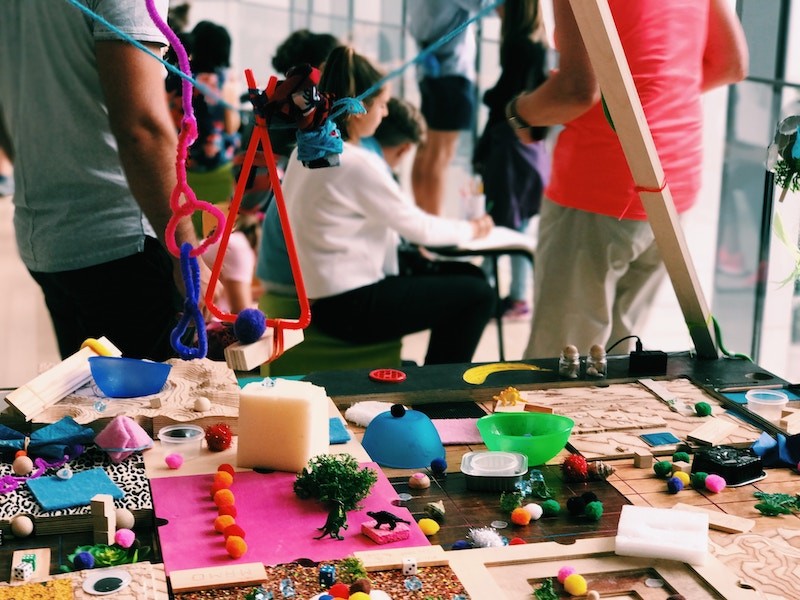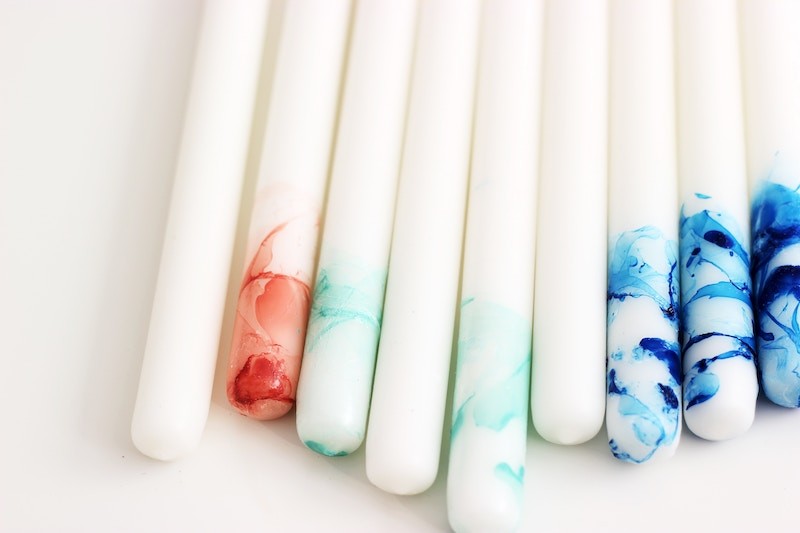More great news for talented artists, teachers and keen crafters, as the number of studies showing that crafting is good for your physical and mental health continues to grow...

Whether you’re a painter, a potter or a bread maker, studies show that crafting can help teach patience, relaxation and stress-management techniques.
Clinical Psychologist Pauline Beaumont of Newcastle University believes that the demands of the digital world have become problematic for our mental health. As a result, she believes that people of all ages should spend more time enjoying an analogue activity, by which we mean non-digital, hands-on pastimes.
Ms Beaumont was speaking to candlemaking supply specialists Cosy Owl, who found that 71% of women aged 18-24 regularly find themselves distracted by technology at home.
In their survey, Cosy Owl also found that 43% of respondents told them that, if they had more time at home, they’d love to spend it indulging in hobbies, arts and crafts. With the health benefits associated with analogue hobbies, it’s easy to see why people might be choosing to put the smartphone down and pick up a brush or spatula, too.
Here’s why:
Arts and crafts help the brain

By taking a break from technology, and engaging in craft instead, we improve our cognitive health. Regardless of whether you’re making a candle, baking bread, woodworking or creating cards, the physical process of crafting helps lead to a healthier lifestyle.
This is because arts and crafts are great for the brain, as they teach us how to be calm and patient. While crafting, we slow down, which is a mindfulness tactic we don’t practice when we’re multi-tasking. This whole process links to meditation, which is why after undertaking an analogue activity, we feel rested and energised.
Plus, while crafting we engage the right hemisphere of the brain. This is the area that focuses on creativity, spatial ability and artistic skills. While we watch television or scroll on our smartphone, we rarely use this part of the brain, so crafting allows us to not only develop our skills, but also look after our brains.

Similarly, by taking a break from technology, we avoid the negative aspects of technological consumption that have been highlighted by studies from The Lancet.
These studies show that there’s a link between technology use and the issues of child development, obesity and mental health.
Of course, screens and techology are important for certain aspects of development and learning, namely to be able to operate socially and professioanlly in the present day, but this evidence suggests that balance is key.
Professional thoughts

Further health benefits of crafting on our mental and physical wellbeing are also put forward by Clinical Psychologist Pauline Beaumont who believes that:
“Being creative, trying out a new approach or combination of materials or colours allows us to exercise our natural curiosity, the foundation of innovation. It gives us the opportunity to learn new things which supports our cognitive health.”
She continued, noting how crafts can also help reduce stress and allow us to reassess our world view:
“Being creative also inevitably involves mistakes and things not turning out quite as planned. This experience of things going wrong gives us a chance to accept the existential reality of imperfection. Recognising that nothing is perfect can help us to learn to be more compassionate towards ourselves.”
With all this considered, it’s undoubted that arts and crafts can help our wellbeing and mental health.
If you’re interested in getting more involved in arts, crafts and creative experiences, but don't know where to start then there are a range of courses and workshops that are suitable across the UK. You’ll learn all about the equipment you require, the techniques that can help you improve and, most of all, the true joy of crafting and creative experiences.
Take a look at the range of courses on our website here >
If you enjoyed reading this please take a look at our other articles on crafts and wellbeing >



